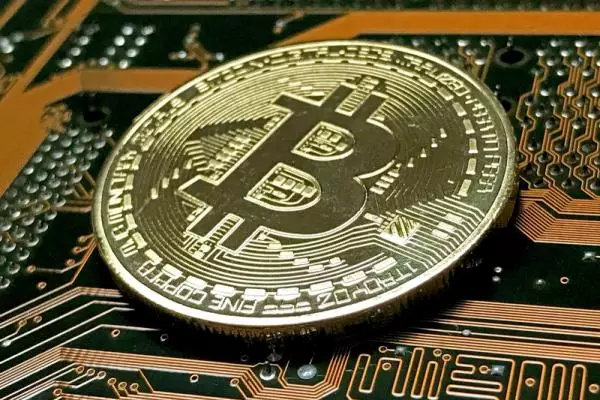Recently, Robert F. Kennedy Jr.’s financial disclosures have shed light on his substantial investment in Bitcoin, estimated to fall between $1 million and $5 million, carefully managed through Fidelity Crypto. While this revelation may come as a surprise to some, it further underscores Kennedy Jr.’s long-standing enthusiasm for cryptocurrency. Since embracing digital currency, he has made significant claims about Bitcoin’s role in the financial landscape, which merits closer scrutiny.
The Case for Bitcoin: Freedom and Financial Security
Kennedy Jr. has frequently positioned Bitcoin not merely as an investment but as a critical financial tool. He characterizes it as the “currency of freedom,” implying that it offers a reprieve from traditional financial systems that he believes are failing the average American. His assertion that Bitcoin provides a hedge against inflation resonates with many struggling with rising costs, especially as prices continue to soar in various sectors.
Additionally, he highlights the potential of Bitcoin to serve as a safeguard against the U.S. dollar’s declining status as the world’s reserve currency. This perspective aligns with a growing narrative among cryptocurrency advocates who view digital assets as a revolutionary alternative to government-backed money. By framing Bitcoin within these contexts, Kennedy Jr. not only solidifies his dedication to the currency but also taps into a sense of urgency for American citizens to reassess their financial strategies amid economic uncertainties.
Kennedy Jr.’s personal investment further exhibits his commitment to this ideology. “I’m a huge supporter of Bitcoin. I went home and put most of my wealth into Bitcoin,” he has openly stated. Such a declaration marks a notable level of conviction, as he has reportedly committed a substantial portion of his financial resources to cryptocurrency. This move could raise eyebrows among traditional investors, who may view it as risky or speculative, but it also offers a powerful endorsement for Bitcoin’s potential sustainability.
As a prominent figure, Kennedy Jr.’s advocacy carries considerable weight. His active participation in cryptocurrency conferences and public discussions can potentially inspire others, aligning the ideals of financial freedom with practical investment strategies. This dual role of investor and advocate positions him uniquely in the evolving crypto landscape, making his views significant for understanding broader societal shifts regarding money and investment.
The implications of Kennedy Jr.’s beliefs extend beyond personal finance into the realm of economic discourse. By labeling Bitcoin as an “escape from burdensome national debt,” he initiates a conversation about the limitations of traditional fiat currency and fosters an environment ripe for alternative financial solutions. This perspective invites further exploration into the possibilities Bitcoin and similar technologies could offer in addressing economic hardship for the middle class.
Robert F. Kennedy Jr.’s investment in Bitcoin reflects an intricate tapestry of personal conviction, economic ideologies, and public advocacy. As digital currencies continue to gain traction, his commitment not only amplifies the conversation around Bitcoin but also serves as a catalyst for broader discussions regarding financial freedom and resilience.

